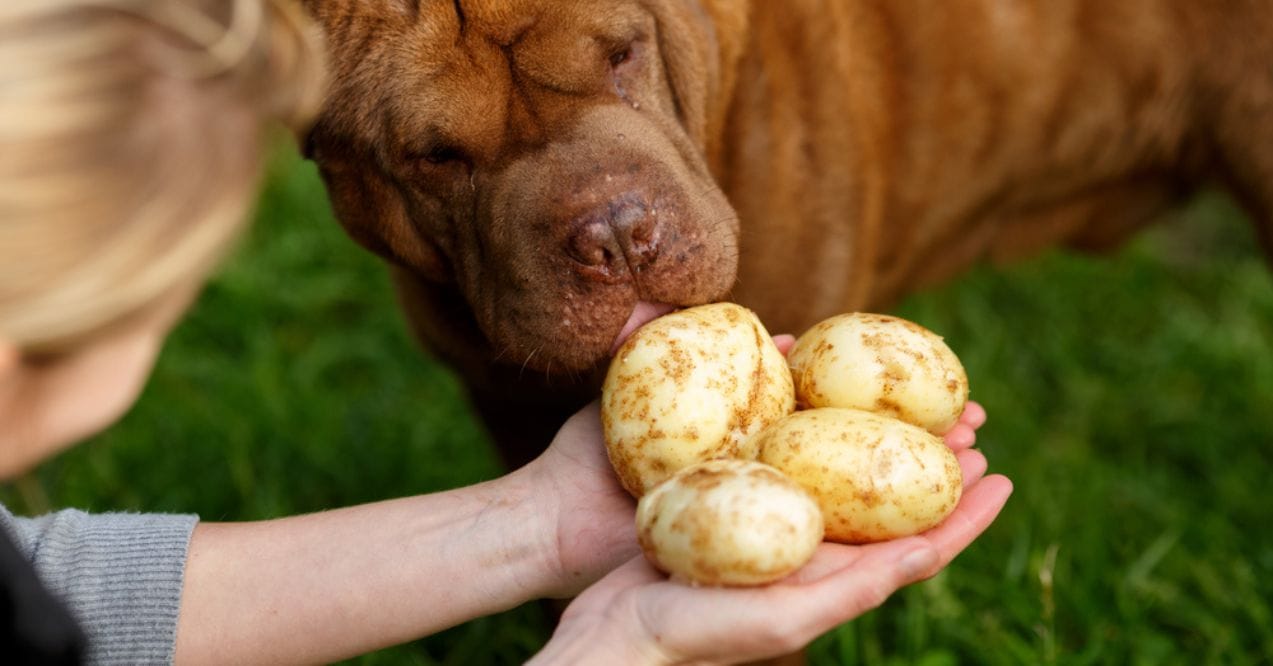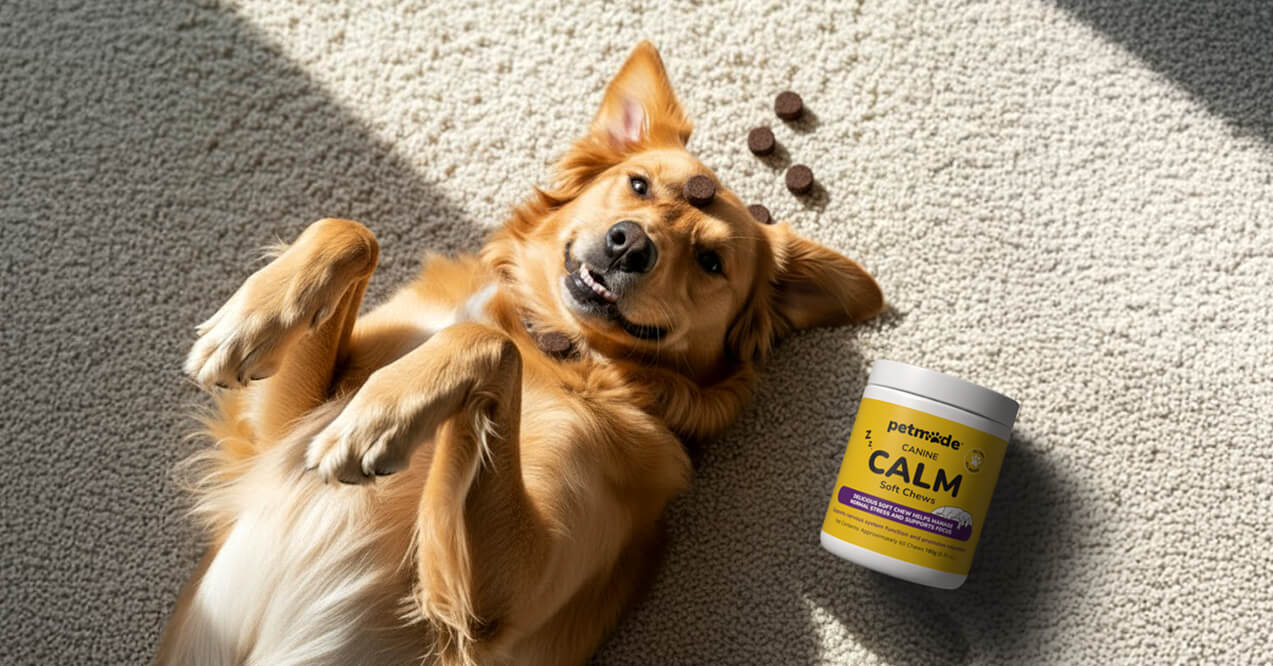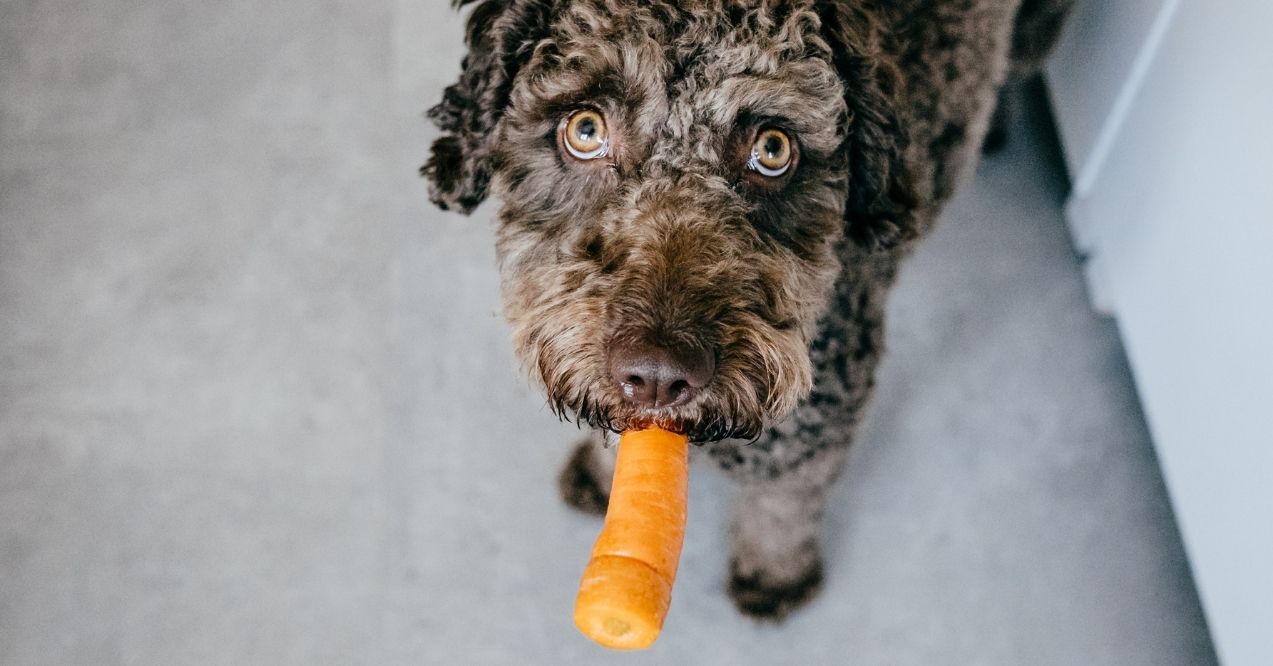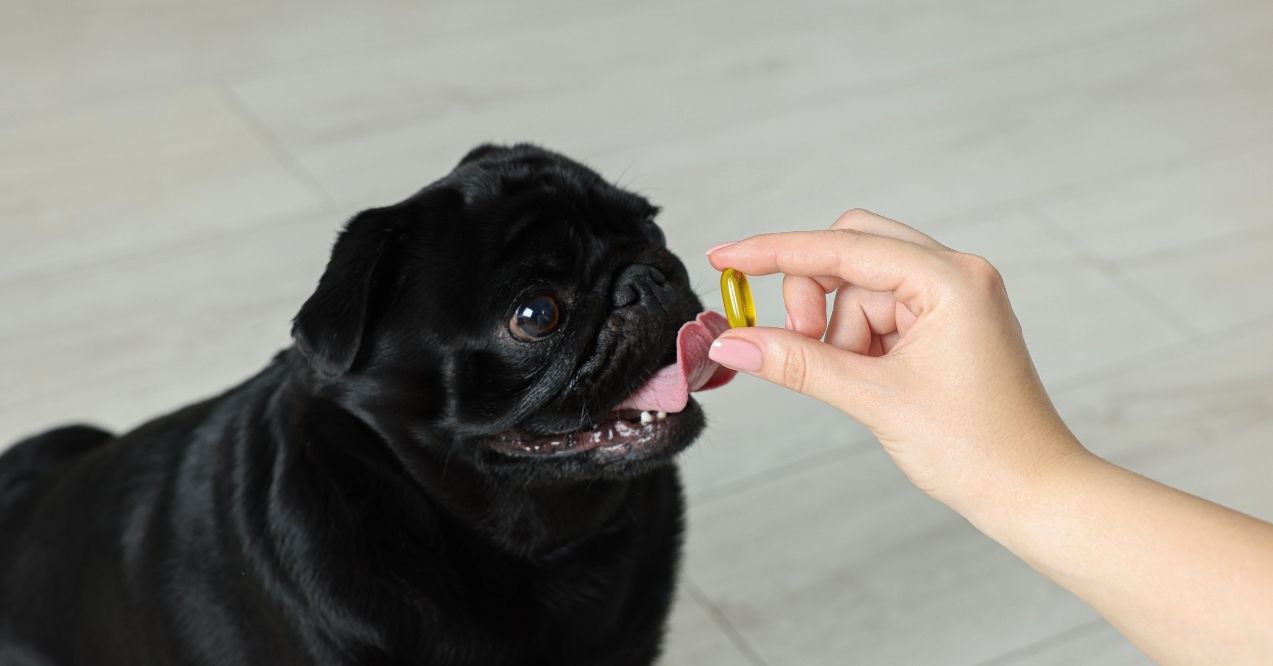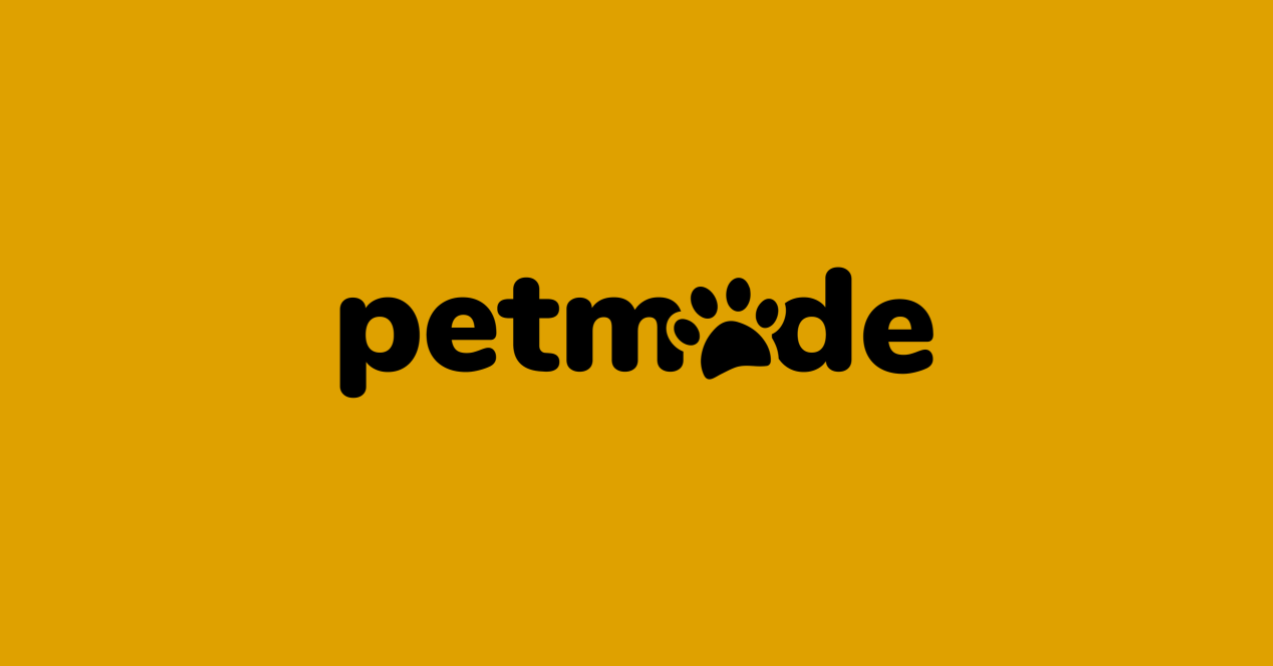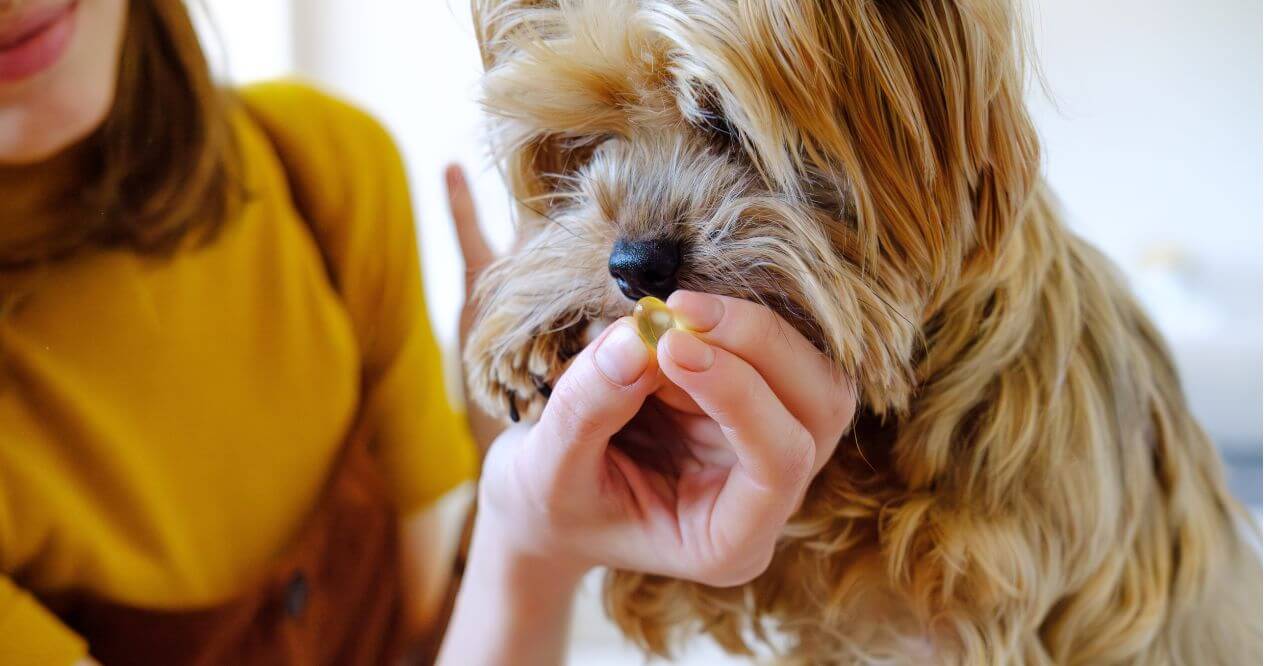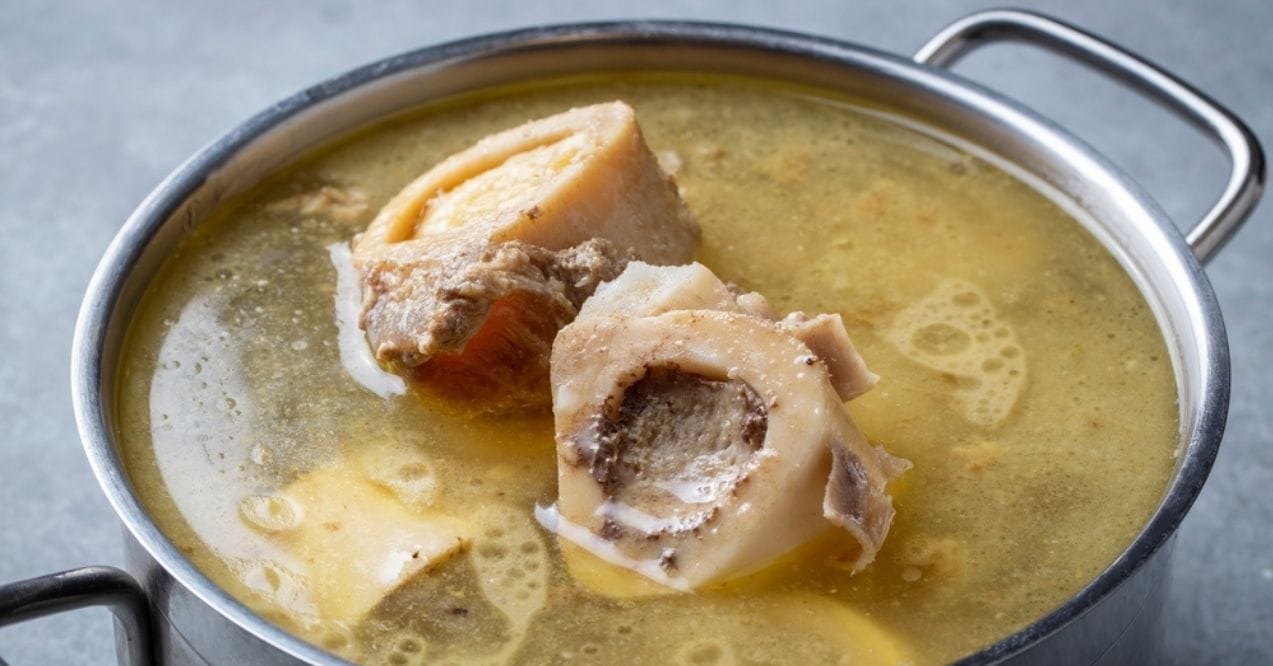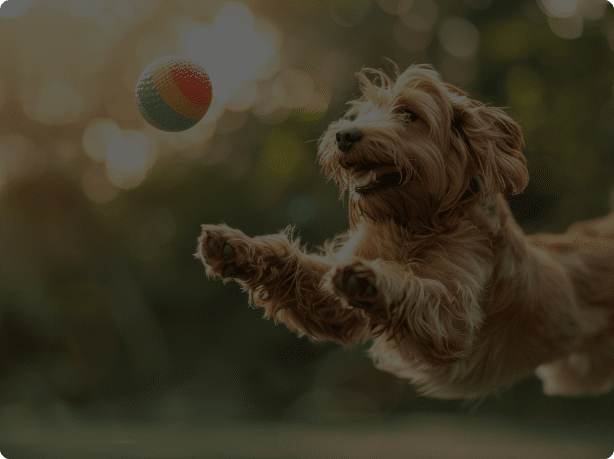Are Potatoes Good for Dogs?
Potatoes are a staple in many households, but are potatoes good for dogs? While these versatile tubers can be a nutritious addition to your pup’s diet, there are important factors to consider. Let’s dig into the world of canine nutrition and explore how potatoes fit into your furry friend’s meal plan.
Are Potatoes Good for Dogs?
Can dogs eat potatoes? Yes, they can be a healthy addition to your dog’s diet when prepared correctly. These starchy vegetables pack a nutritional punch, offering various vitamins and minerals that contribute to your pup’s overall health. However, it’s important to know how to serve them safely and in appropriate amounts.
Vitamins and Minerals
Potatoes are more than just a tasty treat for your furry friend. They’re packed with essential nutrients that can support your dog’s health in various ways:
- Potassium – Supports heart function and helps regulate blood pressure
- Vitamin C – Boosts the immune system and acts as an antioxidant
- Vitamin B6 – Aids in brain function and helps form red blood cells
- Iron – Essential for healthy blood and oxygen circulation
Cooking methods can affect nutrient content. Boiling potatoes may lead to some nutrient loss, while baking tends to preserve more vitamins and minerals. Steaming is often the best method to retain nutrients while making the potatoes easy to digest for your pup.
Carbohydrates
The role of carbohydrates in canine diets is a topic of ongoing discussion among veterinary nutritionists. While dogs don’t have a specific dietary requirement for carbs, they can be a valuable energy source, especially for active dogs.
Factors influencing a dog’s carbohydrate needs include:
- Size – Larger breeds may benefit from more carbs for sustained energy
- Age – Puppies and senior dogs have different energy requirements
- Activity level – Working or athletic dogs might need more carbohydrates
Can Dogs Eat Cooked, Fried, and Raw Potatoes?
How you prepare potatoes for your dog makes all the difference. Let’s break it down:
- Cooked potatoes – Safe when prepared plain, without added fats or seasonings
- Fried potatoes – Best avoided due to high fat content and potential digestive issues
- Raw potatoes – Unsafe due to the presence of solanine, a toxic compound
Can dogs have raw potatoes? The answer is no. Cooking potatoes not only makes them tastier but also safer for your dog. The heat breaks down solanine, reducing the risk of toxicity. When preparing potatoes for your dog:
- Wash thoroughly to remove any dirt or pesticides
- Peel the skin to avoid potential digestive issues
- Cut into small, manageable pieces
- Boil or bake without adding salt, butter, or seasonings
- Allow to cool before serving
Even cooked potatoes should be an occasional treat, not a staple of your dog’s diet.
Green Potatoes and Sprouts
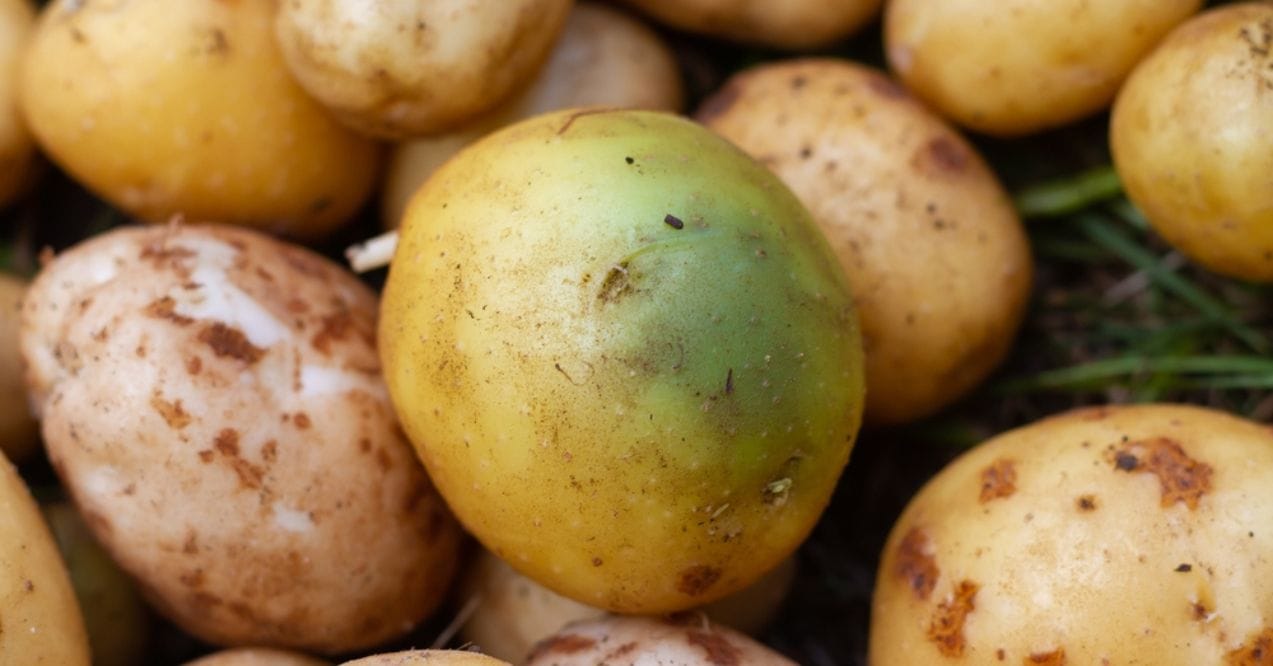
When it comes to potatoes, green isn’t good. That green tinge signals a higher concentration of solanine, which can be toxic to dogs. Potato sprouts are equally problematic, containing elevated levels of both solanine and chaconine.
Signs of potential solanine poisoning in dogs may include:
- Vomiting
- Diarrhea
- Lethargy
- Loss of appetite
To keep your pup safe:
- Inspect potatoes before use, discarding any with green spots or sprouts
- Store potatoes in a cool, dark place to prevent greening and sprouting
- When in doubt, throw it out – it’s better to be safe than sorry!
Can Dogs Eat Potato Skins?
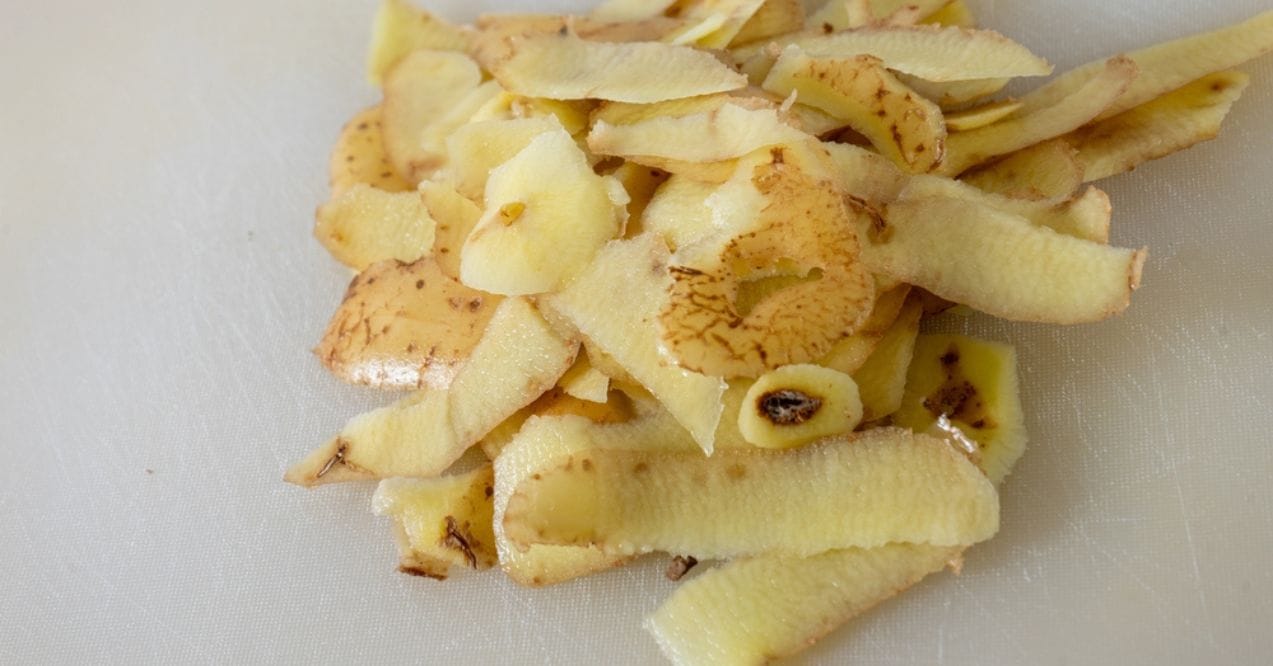
But what about potato skins? Can dogs eat potato skins? While potato skins are packed with nutrients, they’re not the best choice for your furry friend. Here’s why:
Pros:
- High in fiber, which can aid digestion
- Rich in vitamins and minerals
- Contain antioxidants
Cons:
- Higher concentration of solanine compared to the flesh
- May harbor pesticide residues
- Potential choking hazard or cause digestive blockages
- Often prepared with added fats when fried
If you decide to give your dog potato skins, ensure they’re thoroughly washed, cooked, and free from seasonings or oils. Always remove any eyes or green parts before cooking.
Are Sweet Potatoes Good for Dogs?
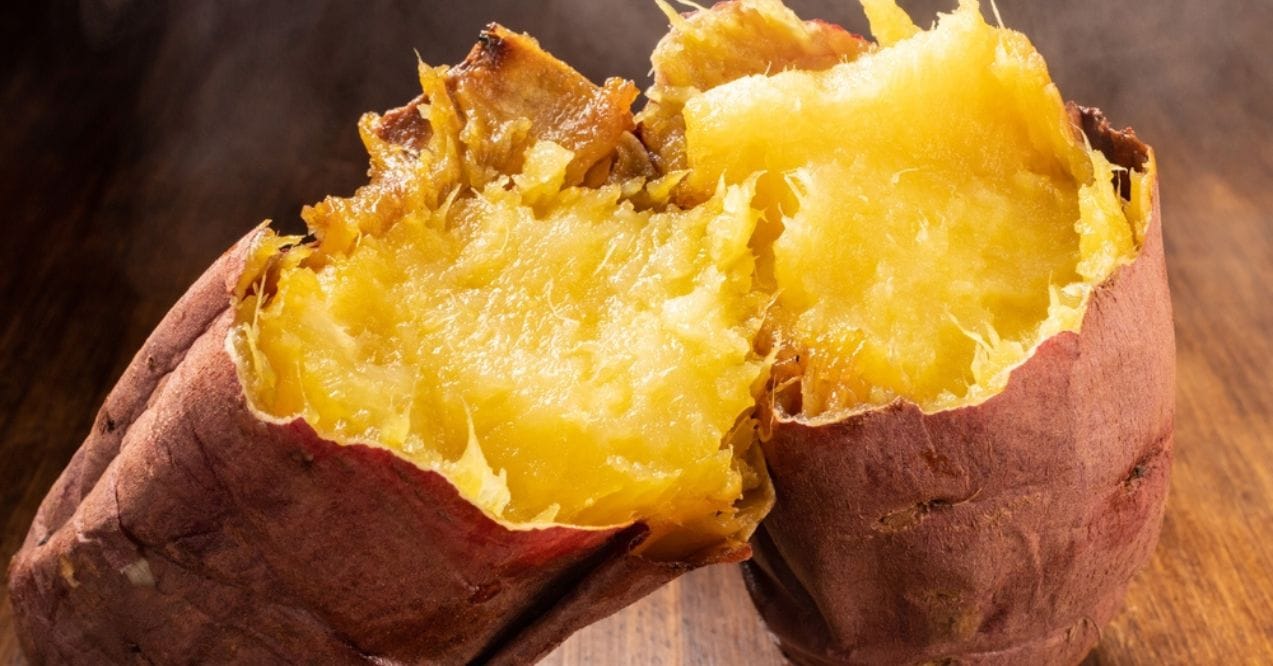
Absolutely! Sweet potatoes can be a fantastic alternative to white potatoes for your pup. They offer several advantages:
- Higher in fiber, promoting digestive health
- Lower glycemic index, causing a slower rise in blood sugar
- Rich in beta-carotene, supporting eye health and immune function
To prepare sweet potatoes for your dog:
- Wash and peel the sweet potato
- Cut into small cubes
- Boil or bake until soft
- Mash or serve in small pieces once cooled
So, can dogs eat sweet potatoes? As with regular potatoes, moderation is key. Too much of a good thing can still lead to digestive upset or weight gain.
Serving Potatoes Safely
When it comes to preparing potatoes for your furry friend, safety should be your top priority. Here’s a simple guide:
- Choose the right cooking method:
- Boiling – Quick and easy, but may lead to some nutrient loss
- Baking – Retains more nutrients but takes longer
- Steaming – Best balance of nutrient retention and digestibility
- Cook thoroughly to eliminate harmful compounds
- Keep it plain – no added fats, salt, or seasonings
- Allow to cool before serving to prevent burns
Portion Control
While potatoes can be a healthy treat, they shouldn’t make up a large part of your dog’s diet. Here’s how to keep portions in check:
- Use the 10% rule – Treats, including potatoes, should make up no more than 10% of your dog’s daily calorie intake
- Consider your dog’s size – A small dog might only need a teaspoon of potato, while a large breed could have a tablespoon
- Account for your dog’s activity level and weight goals
Potatoes can be a useful tool for weight management due to their low-calorie, high-volume nature. They can help your dog feel full without adding excessive calories to their diet.
When Potatoes Pose Problems
While many dogs can enjoy potatoes safely, there are situations where they might not be the best choice:
- Dogs with diabetes – The high starch content can cause blood sugar spikes
- Overweight dogs – The extra carbohydrates may contribute to weight gain
It’s always best to consult with your veterinarian before making significant changes to your dog’s diet, especially if they have any health concerns.
Conclusion
Potatoes can be a tasty and nutritious treat for many dogs when prepared properly and served in moderation. They offer valuable nutrients and can be a useful tool in your pup’s diet.
However, it’s important to be aware of potential risks, especially with raw or improperly prepared potatoes. Can dogs eat fried potatoes? It’s best to avoid them due to the high fat content. Always prioritize your dog’s overall balanced diet, and use potatoes as an occasional treat rather than a dietary staple.
No, dogs shouldn’t eat potato chips. They’re high in salt, fat, and often contain seasonings that can be harmful to dogs. These ingredients can lead to digestive issues, dehydration, and potential toxicity.
Plain, unseasoned mashed potatoes are safe for dogs in moderation. However, avoid adding butter, milk, salt, or other seasonings. Too much can lead to weight gain or digestive issues. Always serve in small portions as an occasional treat.
Puppies can eat small amounts of cooked, plain potatoes occasionally. However, their developing digestive systems are sensitive, so it’s best to stick to puppy-specific food. Always consult your vet before introducing new foods to a puppy’s diet.
Advertisement. This site offers health, wellness, fitness and nutritional information and is designed for educational purposes only. You should not rely on this information as a substitute for, nor does it replace, professional medical advice, diagnosis, or treatment. If you have any concerns or questions about your health, you should always consult with a physician or other health-care professional. Do not disregard, avoid or delay obtaining medical or health related advice from your health-care professional because of something you may have read on this site. The use of any information provided on this site is solely at your own risk.
